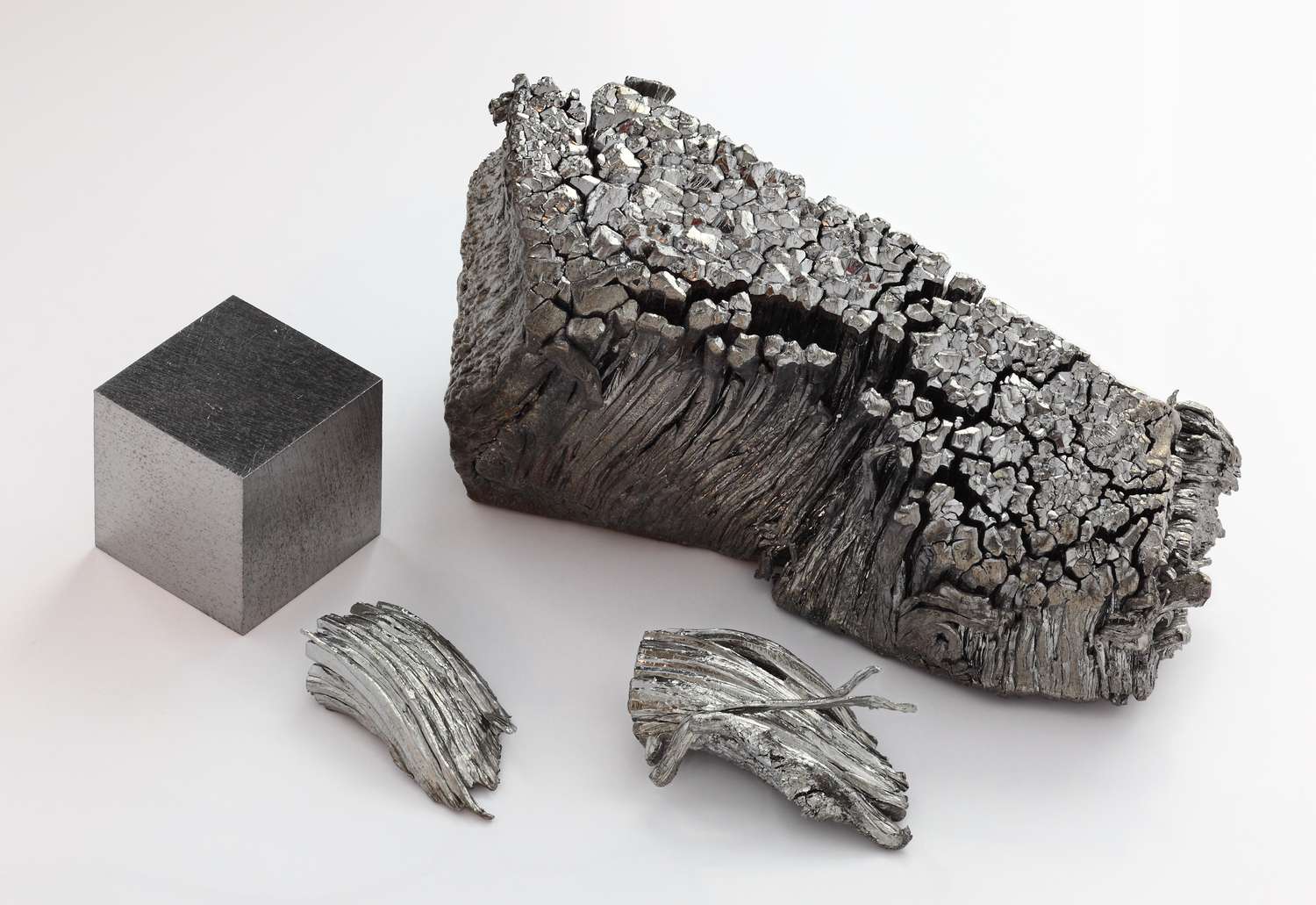
Promethium, a rare earth metal with atomic number 61, holds a fascinating allure due to its unique properties and applications. Despite being a relatively obscure element, promethium boasts a rich tapestry of scientific significance and practical uses. From its discovery to its modern-day applications, the journey of promethium is a compelling tale of scientific exploration and innovation. In this article, we'll delve into 11 intriguing facts about promethium, shedding light on its discovery, properties, and diverse applications. Join us on a captivating journey through the realm of this enigmatic element, as we uncover the hidden gems and surprising facets of promethium that make it a captivating subject of scientific inquiry and technological advancement.
Key Takeaways:
- Promethium, discovered in 1945, glows in the dark and is used in nuclear batteries for spacecraft. Its rarity and potential in cancer treatment make it a fascinating subject of ongoing research.
- This rare earth metal, with no stable isotopes, fills a gap in the periodic table and has potential applications in medicine and materials science. Its unique properties continue to captivate scientists and innovators.
Discovered by scientists in 1945
Promethium, a rare earth metal, was first discovered by scientists in This element is notable for being the only radioactive rare earth metal and is named after the Greek Titan Prometheus.
It's used in nuclear batteries
Promethium is utilized in nuclear batteries, where the energy from its radioactive decay is converted into electrical power. This application makes it valuable in situations where a long-lasting and compact power source is required, such as in spacecraft and military equipment.
Promethium glows in the dark
One of the intriguing properties of promethium is its ability to emit a faint blue glow in the dark due to its radioactivity. This unique characteristic has found applications in self-powered lighting devices and indicators.
It's extremely rare in nature
Promethium is exceedingly rare in nature and is typically produced as a byproduct of nuclear fission. Its scarcity contributes to its high cost and limited commercial use.
Promethium has no stable isotopes
Unlike most elements, promethium does not have any stable isotopes. This means that all forms of promethium are radioactive and undergo decay over time.
It has potential medical applications
Promethium-147, a radioactive isotope of promethium, has shown promise in cancer treatment. Its emissions can be used to destroy cancer cells while minimizing damage to surrounding healthy tissue.
Its discovery filled a gap in the periodic table
The discovery of promethium filled a gap in the periodic table, providing a missing link in the series of elements. This contributed to a deeper understanding of the properties and behaviors of rare earth metals.
Promethium has been used in luminous paint
In the past, promethium was utilized in luminous paint for watch dials and aircraft instruments. However, its use in these applications has declined due to safety and environmental concerns.
It's a silvery metal at room temperature
Promethium is a silvery metal at room temperature, displaying typical characteristics of rare earth metals. Its physical properties make it suitable for certain industrial and scientific uses.
Promethium has a variety of chemical compounds
Promethium forms a range of chemical compounds, which have been studied for potential applications in fields such as materials science and electronics.
It's a subject of ongoing research
Promethium continues to be a subject of ongoing research, with scientists exploring its properties and potential uses in various fields, including energy, medicine, and materials science.
Promethium, a fascinating and rare element, has captured the curiosity of scientists and innovators since its discovery in This radioactive rare earth metal is known for its unique properties and potential applications in diverse fields. From its role in nuclear batteries to its use in medical treatments, promethium continues to intrigue researchers and offers intriguing possibilities for the future.
Conclusion
Promethium, the rare earth metal with a fascinating history and unique properties, continues to intrigue scientists and enthusiasts alike. Its applications in nuclear batteries, luminous paint, and medical devices highlight its diverse utility. Despite its scarcity, ongoing research and technological advancements hold promise for unlocking new possibilities for promethium. As we delve deeper into the realms of science and innovation, the allure of promethium persists, offering a glimpse into the endless potential of the periodic table.
FAQs
What are the primary uses of promethium?Promethium is primarily utilized in nuclear batteries, luminous paint, and medical devices. Its ability to emit beta radiation makes it valuable for powering long-duration spacecraft missions and as a portable X-ray source in medical applications.
Is promethium readily available for commercial use?Due to its scarcity and radioactive nature, promethium is not readily available for commercial use. It is primarily obtained through nuclear fission or as a byproduct of uranium processing, limiting its widespread availability.
Was this page helpful?
Our commitment to delivering trustworthy and engaging content is at the heart of what we do. Each fact on our site is contributed by real users like you, bringing a wealth of diverse insights and information. To ensure the highest standards of accuracy and reliability, our dedicated editors meticulously review each submission. This process guarantees that the facts we share are not only fascinating but also credible. Trust in our commitment to quality and authenticity as you explore and learn with us.
